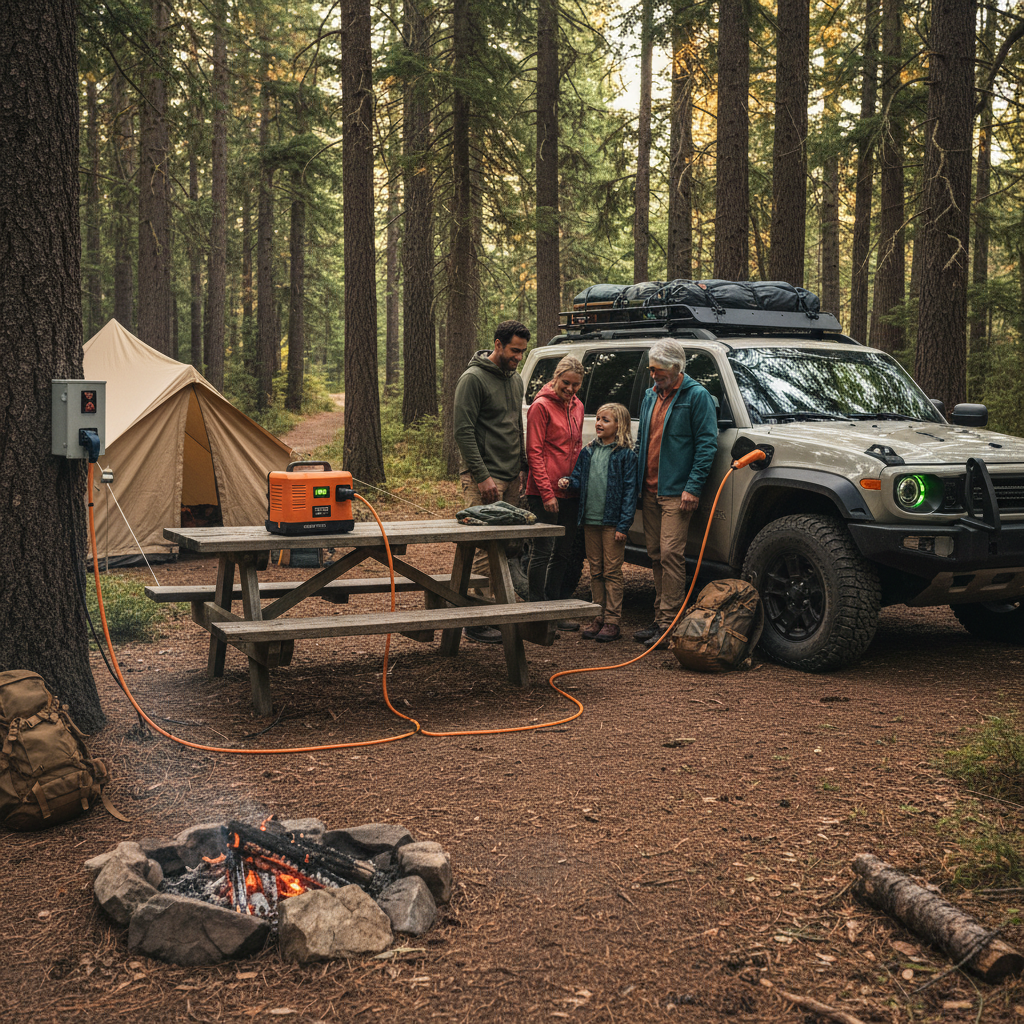Off-Grid, On the Go: Adventure-Ready Portable EV Chargers That Make Camping and Cabin Life Possible
🔒
Contents
Premium Content Locked
This exclusive content requires viewing a short video advertisement to unlock.

Contents
This exclusive content requires viewing a short video advertisement to unlock.